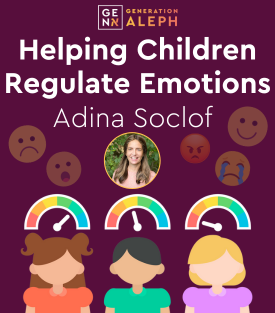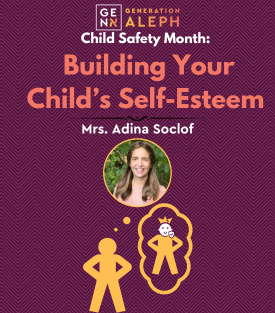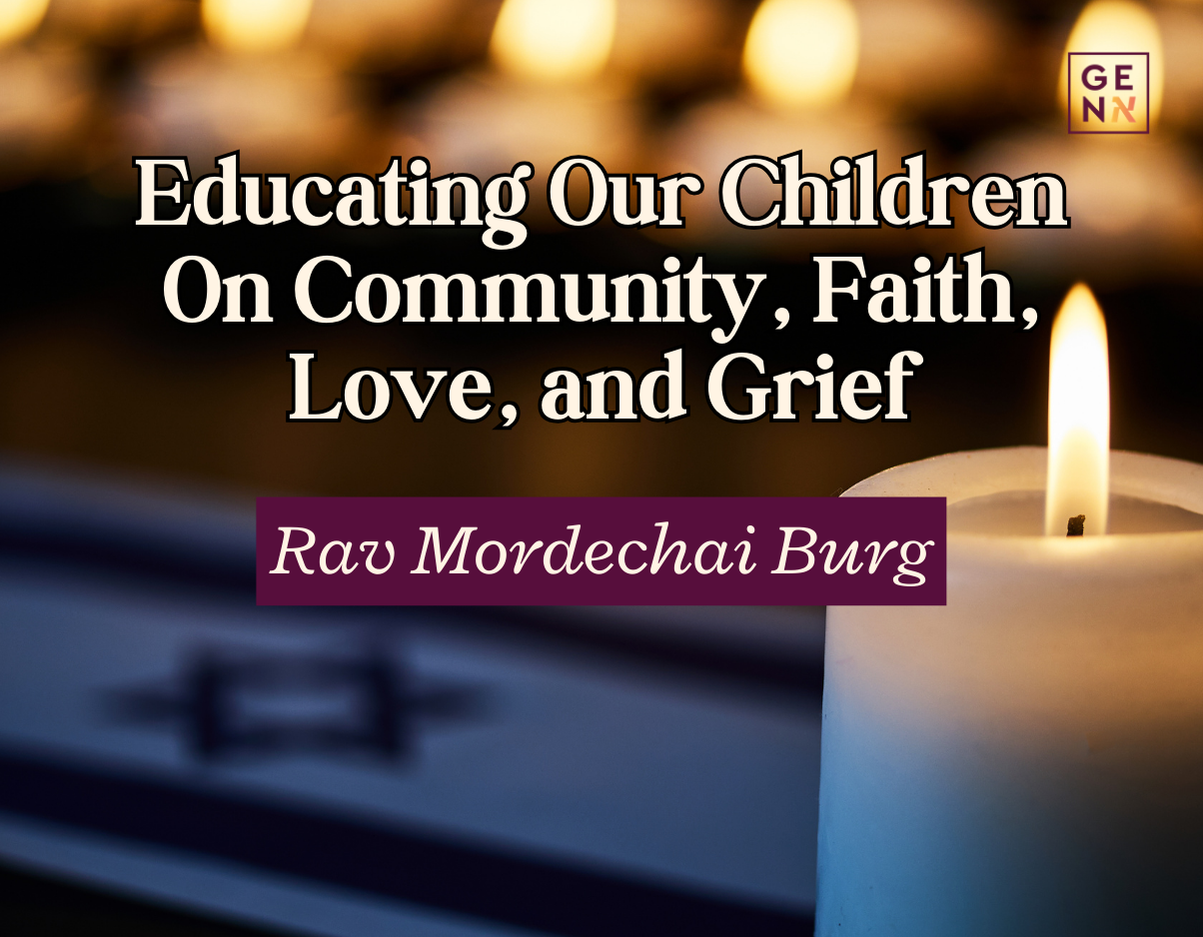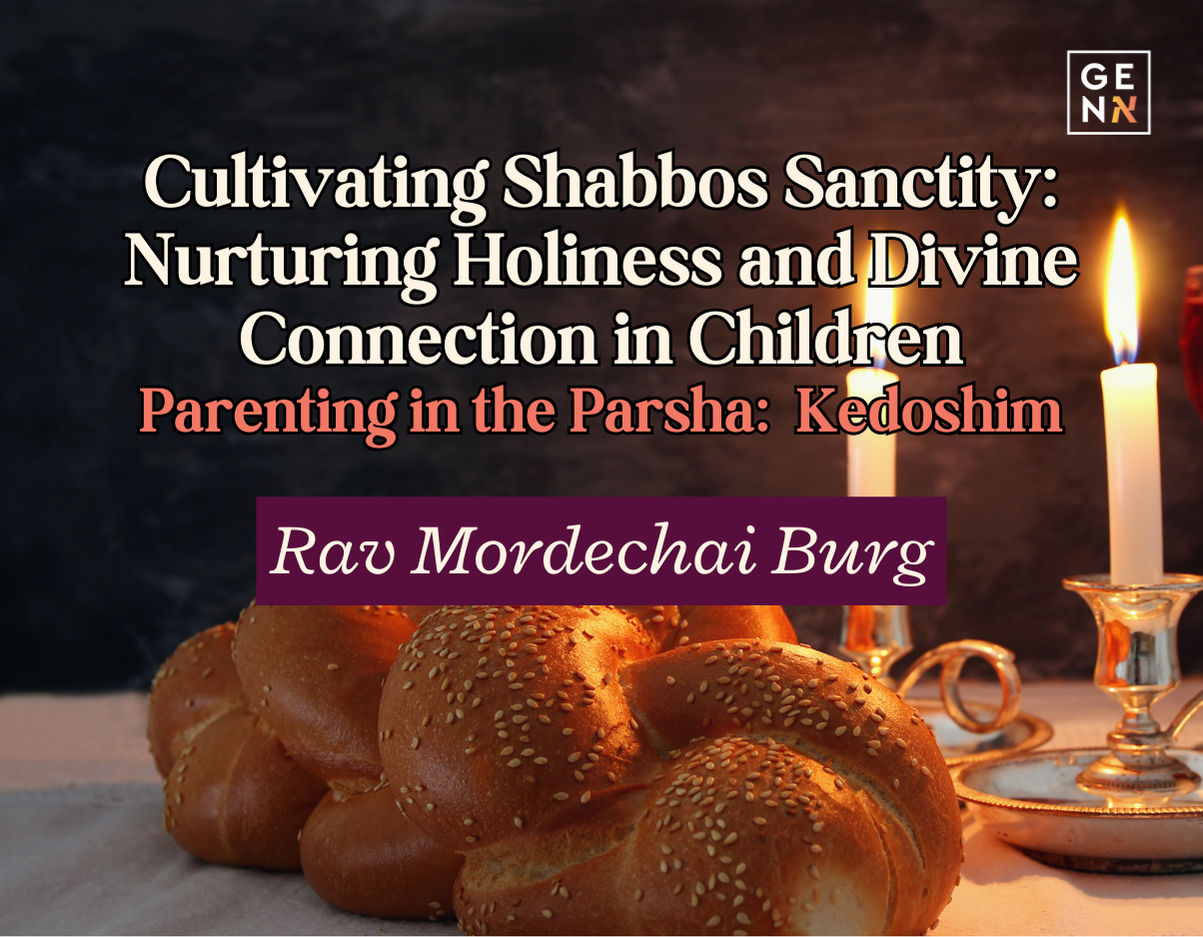וַיְדַבֵּ֤ר יְהוָֹה֙ אֶל־משֶׁ֔ה אַֽחֲרֵ֣י מ֔וֹת שְׁנֵ֖י בְּנֵ֣י אַֽהֲרֹ֑ן בְּקָרְבָתָ֥ם לִפְנֵֽי־יְהוָֹ֖ה וַיָּמֻֽתוּ:
And the Lord spoke to Moses after the death of Aaron’s two sons, when they drew near before the Lord, and they died. (Vayikra 16:1)
As a prelude to the Halachos of Yom Kippur, for the first time in the story of the tragic death of Nadav and Avihu we are told what their intentions were; they were trying to come close to Hashem. Until this point we were told what they did and the nature of their mistake but only now does the Torah reveal to us their intentions. The obvious question we must ask is why now? Why does the Torah wait until it is introducing the Yom Kippur Avodah to reveal Nadav and Avihu’s intentions?
Rashi explains that Hashem stressed to Aron the death of his sons so that Aaron would not make the same mistake as they did. Should Aaron enter into the Kodesh HaKedoshim in the same fashion as they did he would meet the same fate. Again we are bothered. One cannot even begin to fathom the pain of a parent who has lost a child, let alone two children at once. Did Aaron really need to be reminded not to make the same mistake as his children? One imagines that he carried the death of his children in his heart every moment of every day. Reminding Aaron of his children’s passing seems unnecessary in the extreme.
Codependency in a relationship is when each person involved is mentally, emotionally, physically, and/or spiritually reliant on the other. In a codependent relationship, both people can fall into behavioral patterns that reinforce a one-sided dynamic. To put it simply, one person is always being selfless, while the other grows accustomed to being coddled. Essentially, codependency means losing your identity. In a codependent relationship, the lines between individuals become blurred. One partner becomes enmeshed with the other and there is little distinction between their own thoughts, feelings and needs and the needs of the loved ones. As one pours their time, effort and focus into supporting someone else in a relationship they lose touch with themselves. They fail to cultivate or abandon their own interests, passions etc… They become highly fixated on fixing their loved ones’ issues as they replace their own needs with the needs of their loved ones. Codependents find themselves constantly gauging their partner’s mood to determine how they should act in order to be liked. When they get the positive feedback they are looking for, it gives them the validation that they need. In other words, at its core codependency is a disease rooted in low self esteem as they have outsourced their self-worth to another.
As parents we want to raise children that can grow up with the ability to participate in healthy interdependent relationships (which we will soon define). There are two stages in parenting our children, dependent and independent. When a child is younger they are completely reliant on their parents. This first stage is called dependent. When they become teenagers our children become more self reliant and enter the second stage of their lives, independence. Each stage requires us as parents to show up differently. When our children are younger and more dependent on us we are responsible to let our children know that they are well taken care of. At this stage in their lives we have clear rules and boundaries that we enforce intelligently. This is part of creating safety for our children. Homes with clear rules and enforced boundaries give our children the feeling of safety that they crave at this stage of their lives. It allows them to explore their own identity within the confines of their family system. As the children grow older and enter into the independent stage of their lives we adjust accordingly. There are still clear rules and enforced boundaries but now the rules and boundaries must accommodate their growing independent identity. In the dependent stage we are more watchful and involved whereas in the independent stage we must thread the line between being involved without becoming helicopter parents. If we are overly on top of them we are inadvertently sending them the message that they are not enough. That they are not capable of exploring and engaging the world around them. Children who grow up without a healthy sense of dependence grow up to believe that they cannot rely on others. Children who grow up without a healthy sense of independence are overly reliant on others as they grow older. They have a fundamental belief that they are simply incapable. Children who are raised with healthy dependence and independence can participate in a healthy interdependent relationship. In a healthy interdependent relationship each side feels capable of relying on the other but retains their own independent identity within the relationship. To put it simply, if we want our children to participate in healthy, non codependent relationships, when they are older we need to parent them well when they are younger. Having clear, age appropriate rules and boundaries prepares our children for participating in intimate (read: oneness) relationships when they are older. It teaches them to become one with another without losing their own identity.
We are now ready to return to our original questions regarding the timing of the Torah teaching us about Nadav and Avihu’s intentions and Hashem’s reminder to Aaron that his children died. Yom Kippur is the day where we become “one” so to speak with Hashem. In our state of Teshuva, where we disregard eating and drinking and rise above the material world, we enter into Hashem’s loving embrace. The “essence of the day” grants us atonement because we are one with Hashem. Some have even quipped that the word atonement can be understood to mean at-one-ment. This is exactly what Nadav and Avihu wanted to achieve: a state of oneness with Hashem. Their mistake was that because they did not follow the proper procedures they became too close to Hashem. In a relationship, rules allow for intimacy (oneness) without losing our identity to the other. Because Nadav and Avihu drew close to Hashem without following the rules they were in a sense codependent. They lost their identity to Hashem and as a result they passed away. There was simply no self left to exist (see the approach of the Ohr HaChaim HaKadosh who explains that Nadav and Avihu died from a Misas Neshika). When approaching Yom Kippur our feeling can be one of great distance. As a result of our many sins we may feel that oneness with Hashem is impossible. We are so disconnected from Him and oneness results in death. In response to this Hashem tells us that He wants us to draw close to Him. When enveloped by His essence we can be forgiven and if we follow the rules and regulations of the relationship oneness is achievable. Of course Aaron did not need to be reminded about the death of his children. Any parent who has lost a child will tell you that it is a pain that one can never forget. Rather Hashem is teaching Aaron about the nature of our relationship with Him. Aaron may have been hesitant to draw close to Hashem. Perhaps he thought that only Moshe Rabbeinu was capable of having that level of a relationship with Hashem. In response to this Hashem says to Aaron that oneness is achievable and your children had the right idea with the wrong execution. Because they drew close without following the rules of the relationship they passed away but in following the proper procedures you too can enter into the Kodesh HaKedoshim.
This is an exceptional teaching for us as people and as parents. True oneness is possible with each other if we set healthy boundaries and follow the rules of the boundaries that others have set for us. Remember that healthy boundaries keep people in. Our boundaries tell people what it looks like to participate in a relationship with us. As parents, when we set clear boundaries and enforce them intelligently, we are giving our children a sense of identity that will allow them to participate in healthy interdependent relationships. They can draw close to another with confidence. Their sense of self is firmly rooted in their own soil and they will not draw from another nor will they lose themselves to another. And from that deep sense of self they invite others to participate in a healthy relationship with them. What an important gift it is to raise our children within the confines of healthy boundaries.
Submit your questions
"*" indicates required fields











